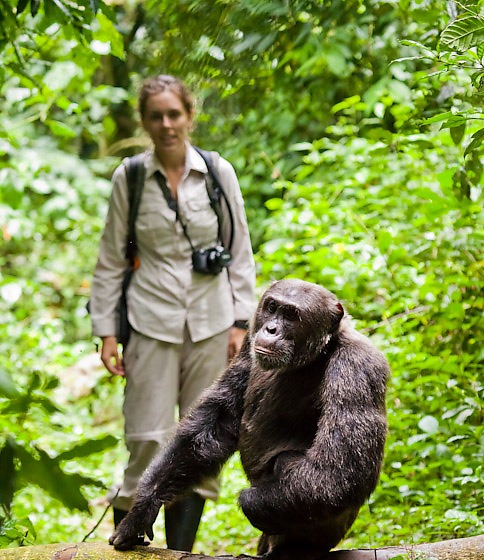
Every year, the USC Women in Science and Engineering (WiSE) program awards Merit Fellowships to four current Ph.D. students who demonstrate excellence in their fields. Nominated for the award by their department chairs, recipients of the fellowship engage in exceptional research and are making great strides in their disciplines. The WiSE program awards the $5,000 fellowship stipend to two women from the USC Dornsife College of Letters, Arts and Sciences, and to two women from the USC Viterbi School of Engineering. This year’s recipients represent the departments of Biological Sciences, Chemistry, Civil and Environmental Engineering, and Electrical Engineering.
As well as representing four distinct disciplines in science and engineering, the awardees have also come to USC from around the world. Beate Burkhart, a Chemistry Ph.D candidate, was born and raised in Germany, and earned a Master of Science dual degree in Chemistry from the Technical University of Dresden (Germany) and the Ecole Nationale Superieure de Chimie de Rennes (France). Beate joined the lab of Dr. Barry C. Thompson shortly after beginning her doctoral studies at USC. Her research focuses primarily on the synthesis, characterization and application of conjugated polymers for binary and ternary blend polymer solar cells. She is the primary author of four of the eight papers she has published, and is currently preparing several more for publication.
A native of Missouri, Jessica Hartel’s dissertation research recently took her across the globe to Uganda’s Kibale National Park for her studies on chimpanzee aggression. Jessica’s year studying aggression mitigation strategies of wild chimpanzees at Kanyawara in Kibale National Park came after more than ten years studying primates in both captive & wild environments. Her dissertation focuses on chimpanzee aggression and their post-conflict interactions, such as reconciliation, consolation, and renewed or redirected aggression. Jessica argues that the reason for the lower rates of conciliatory behavior among Kanyawara chimpanzees as opposed to captive chimpanzees is the result of increased distancing and dispersal strategies in the wild. Significantly, Jessica’s research highlights not only the importance of conflict resolution in our own social evolution, but also the possible driving factors.
Back in Los Angeles, fourth-year Civil and Environmental Engineering Ph.D. student Winnie Kam is investigating urban air pollution and its chemical characteristics. Her research into particulate matter (PM), which are particles suspended in the air usually emitted from vehicles, industrial, or agricultural activity, has the potential to make a significant impact on the health of L.A. residents. Children, seniors, and people in the vicinity of a strong source of PM are more susceptible to the adverse health effects of PM exposure. Winnie’s thesis focuses on the public’s exposure to PM in various transportation environments in L.A. including freeways, surface streets, subway, and light-rail.
Angeliki Metallinou joined USC Electrical Engineering Ph.D. program under the supervision of Dr. Shri Narayanan after completing her undergraduate degree in her hometown, Athens, Greece. Interested in multimodal signal processing, machine learning and affective computing, Angeliki’s dissertation focuses on developing computational methods to accurately model the complex processes that constitute affective expressions and interactions. She studies a variety of emotion-modulated modalities such as facial expressions, vocal characteristics, and body language gestures. Her research has many applications, including human-computer interaction and human behavior analysis. She is currently involved in projects on autism research, and recently interned at Microsoft Research investigating human-computer interaction involving spoken dialog systems.
The recipients thank the USC Women in Science and Engineering (WiSE) program for the support of their dissertation research. We look forward to the many accomplishments yet to come!




